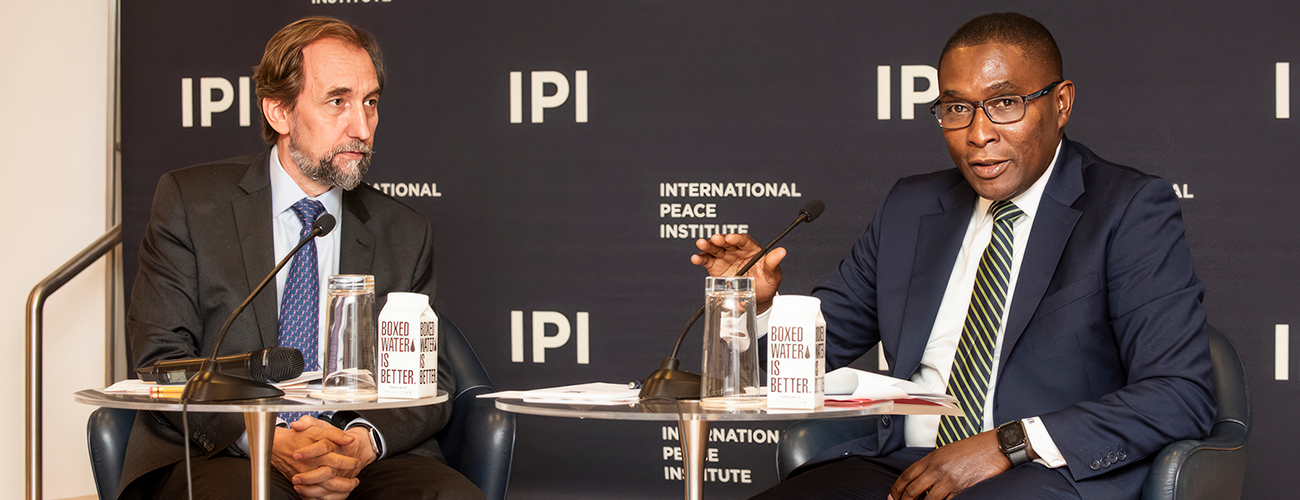With just a few months until the SDG and Climate Ambition Summits, and with COP28 fast approaching, member states must do more to meet their climate commitments. Current projections estimate a global 2.8-degree increase in temperature by 2100. The Paris Agreement’s goal to limit warming to a 1.5-degree increase is still achievable, but global carbon emissions must be cut by 45 percent.
In response to the recent IPCC synthesis report, the UN Secretary-General has launched an “acceleration agenda” to raise ambition on cutting emissions and achieve a quantum leap in the delivery of climate justice. Last year at COP27, the UN Secretary-General called for a Climate Solidarity Pact urging all big emitters to cut emissions, efforts to secure financing for emerging economies to reduce their emissions, and an “acceleration agenda” to advance the process. These efforts require stakeholders to come together to supercharge efforts for a just transition.
To accelerate action by governments, business, finance, local authorities, and civil society, and hear from “first movers and doers,” the UN Secretary-General is convening a Climate Ambition Summit at UN Headquarters in New York on September 20, 2023. And in the words of the Secretary-General, “The world is watching—and the planet can’t wait.”
Ahead of the Climate Ambition Summit, this policy forum on July 27th examined what could be achieved from the summit. IPI President and Chief Executive Officer Zeid Ra’ad Al Hussein and Special Adviser to the Secretary-General on Climate Action and Just Transition Selwin Charles Hart discussed the Summit, ways to make it a success, and inspire climate action. Al Hussein underscored that the Summit will be taking place against a backdrop where there is “a growing state of mistrust between the developing and the developed world.” At the core of this mistrust are the promises made that have not been kept.
Among the many issues affected by this distrust is the new loss and damage fund, which parties agreed to last year. Agreement on its details and operationalization will be a major test of trust and political will between countries. Read IPI’s report on loss and damage by Michael Franczak to learn more.
There are two cross-cutting themes at the core of the Summit: cooperation and acceleration. It highlights the need for cooperation across borders and across society to accelerate decarbonization and build climate-resilient societies. Engaging young people is critical, as evidenced by the Secretary-General’s establishment of a youth advisory group, whose input will feed into the summit and help push the needle.
Hart asserted that “we’ve run out of time. Decisions taken within this decade will make or break our efforts to have a livable, sustainable, prosperous, and secure future. Human activity has caused this problem, and human ingenuity and creativity can get us out.”
Speakers:
Zeid Ra’ad Al Hussein, President and Chief Executive Officer, International Peace Institute
Selwin Charles Hart, Special Adviser to the Secretary-General on Climate Action and Just Transition








